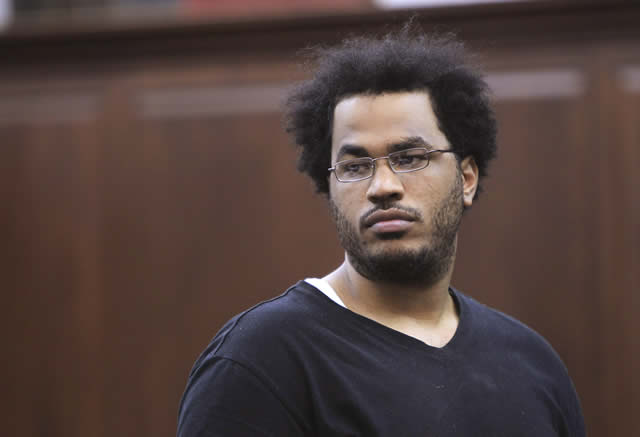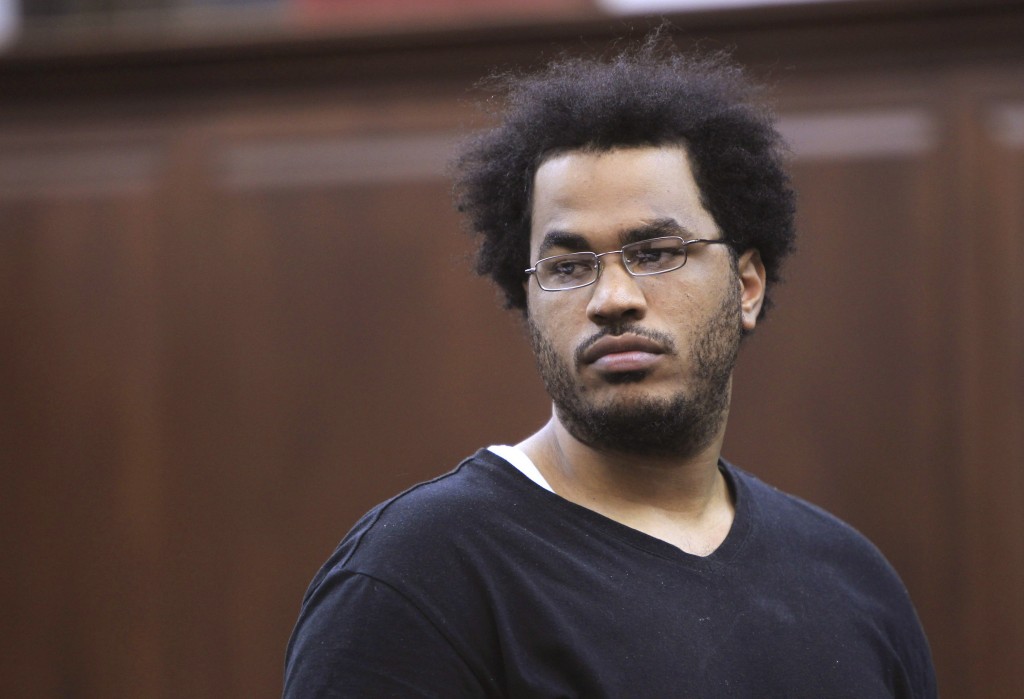Late last night, al-Qaeda sympathizer Jose Pimentel was arraigned for his plans “to build a bomb and use a bomb to assassinate U.S. servicemen and women returning from active duty in Iraq and Afghanistan.”
Pimentel’s arrest marks at least the 43rd Islamist-related plot aimed at attacking the U.S. homeland since 9/11. Heritage’s James Carafano explains in a new paper that this latest foiled plot teaches important lessons about “lone-wolf” terrorists:
The arrest of Pimentel reminds that lone-wolf operations can be effectively detected and disrupted by law enforcement. As with other terrorist conspiracies, lone wolves typically undertake suspicious activity that legitimately warrants attention and investigation from law enforcement authorities.
Maintaining robust, legitimate counterterrorism tools is the best means to continue to thwart plots similar to the one recently disrupted in New York City. This thwarted attack is a reminder that a real threat remains. The Administration should act with a greater sense of urgency to address the shortfalls in the U.S. counterterrorism enterprise that still remain. The Administration should:
- Fully implement a strategy to counter violent extremism. The Administration recently published a strategy for enhancing a national effort to combat violent extremism. However, the Administration did not fully develop a plan for implementing the strategy.
- Maintain essential counterterrorism tools. Support for important investigative tools such as the PATRIOT Act is essential to maintaining the security of the U.S. and combating terrorist threats. Key provisions within the act, such as the roving surveillance authority and business records provision, have proven essential in thwarting terror plots yet require reauthorization every year. In order to ensure that law enforcement and intelligence authorities have the essential counterterrorism tools they need, Congress should seek permanent authorization of the three sunsetting provisions within the act.
- Clarify the domestic counterterrorism framework. Cooperative efforts among local law enforcement, the ATF, and the FBI were essential in thwarting this plot before the American public was ever in danger. To aid future efforts, the U.S. should properly apportion roles and responsibilities among federal, state, and local governments based on their resources (e.g., money, people, and experience). In order to clarify the domestic counterterrorism framework, the President should issue an executive order establishing a national domestic counterterrorism and intelligence framework that clearly articulates how intelligence operations at all levels should function to combat terrorism while keeping citizens safe and free.
- Examine information-sharing gaps. Efforts to increase information sharing between the U.S. and its allies while improving interagency communications among the Departments of State, Justice, and Homeland Security and intelligence agencies are vital to protecting the U.S. from the continued threat of terrorism. Increased efforts at information sharing would amplify efficiency and timeliness in the counterterrorism field. Yet all too often, information sharing does not make for truly crosscutting communication but rather simply entails state and local law enforcement sending information up to the federal government. This gap in information sharing should not be allowed to continue.
Read more of Carafano’s paper, Foiling 43rd Terror Plot Test for Administration’s Priorities, at Heritage.org.

